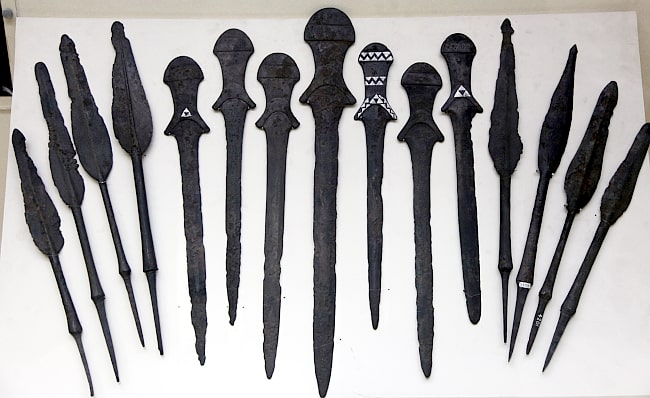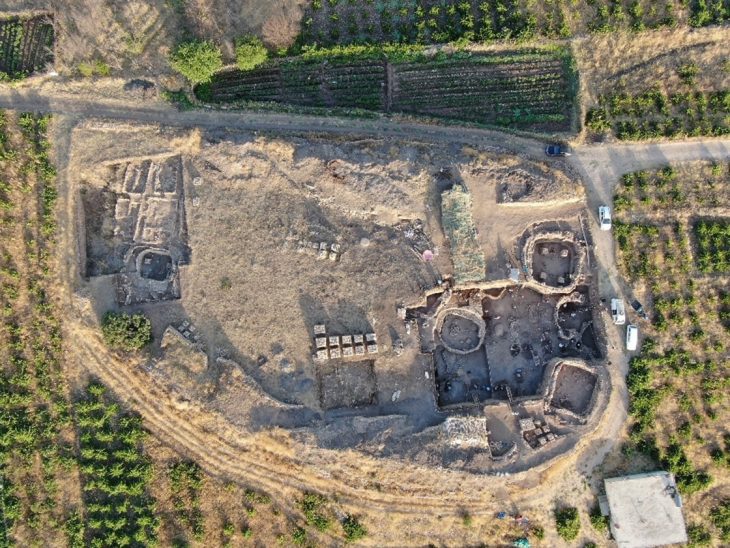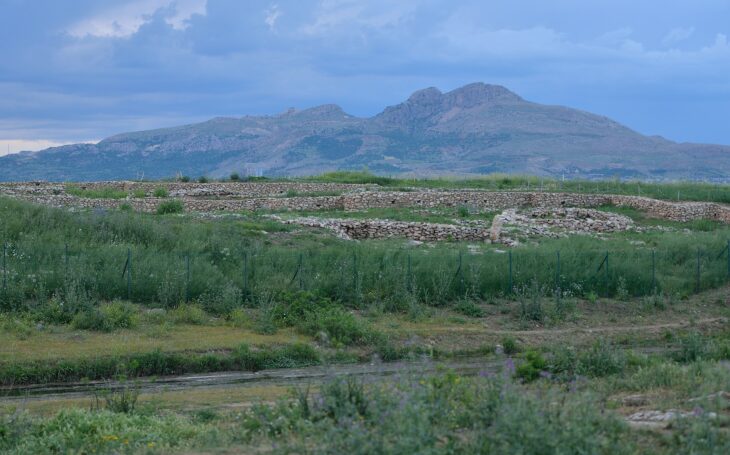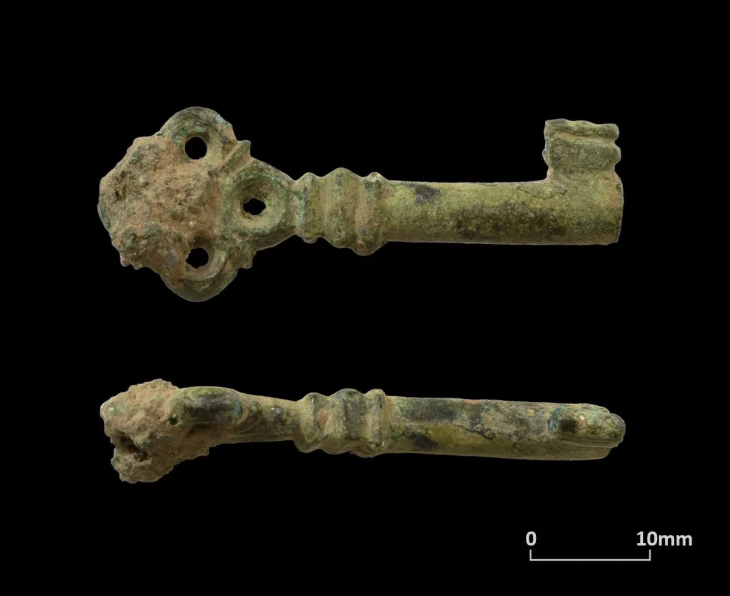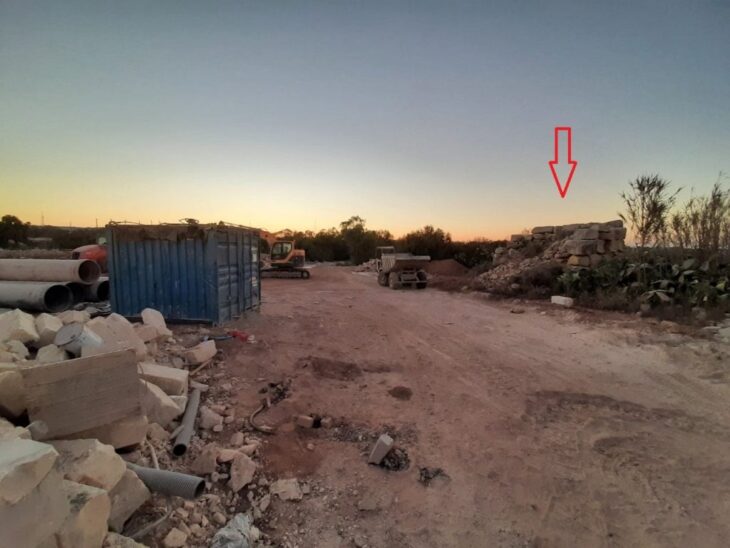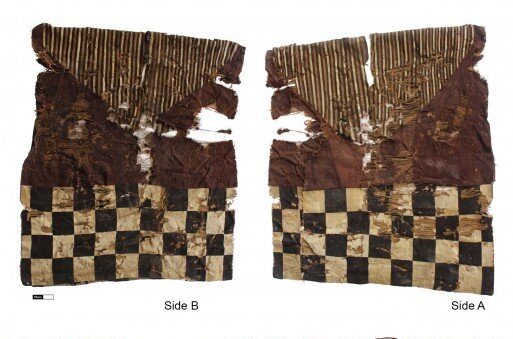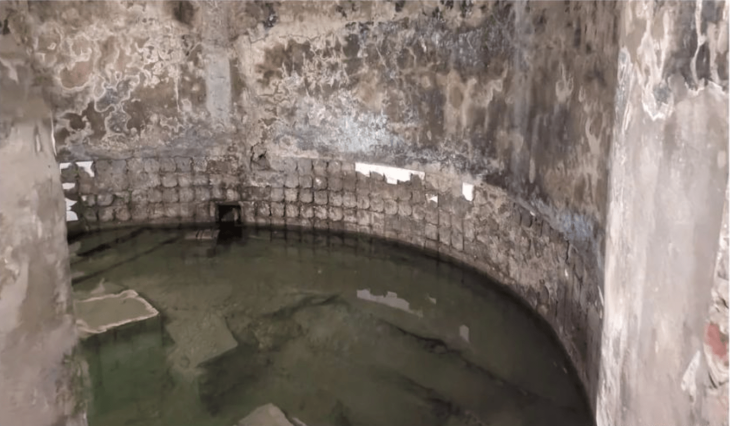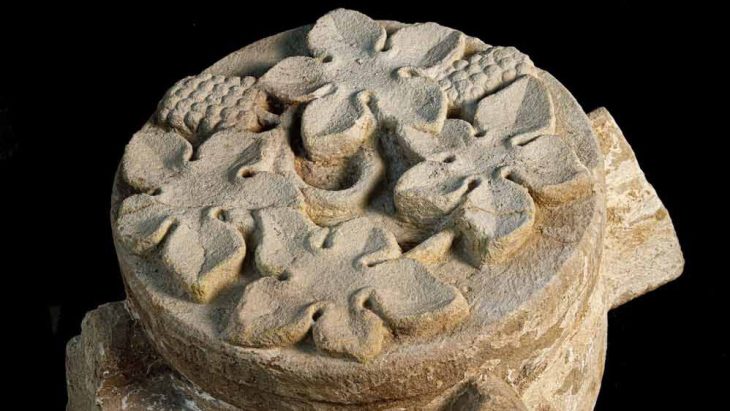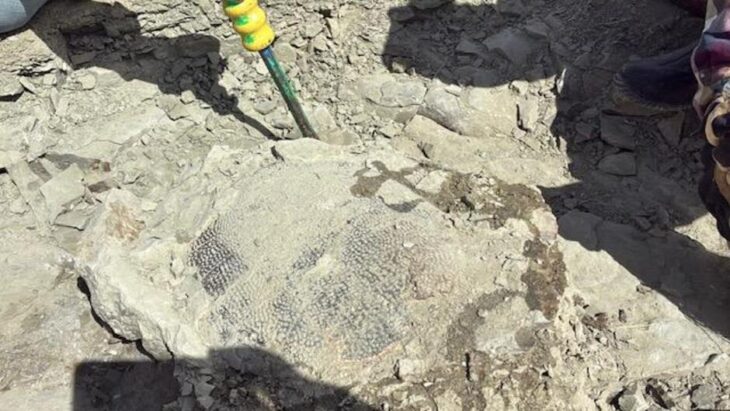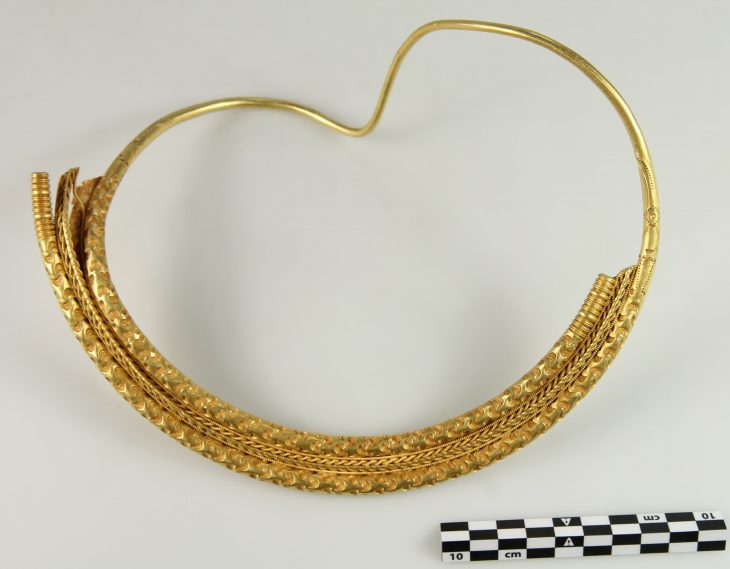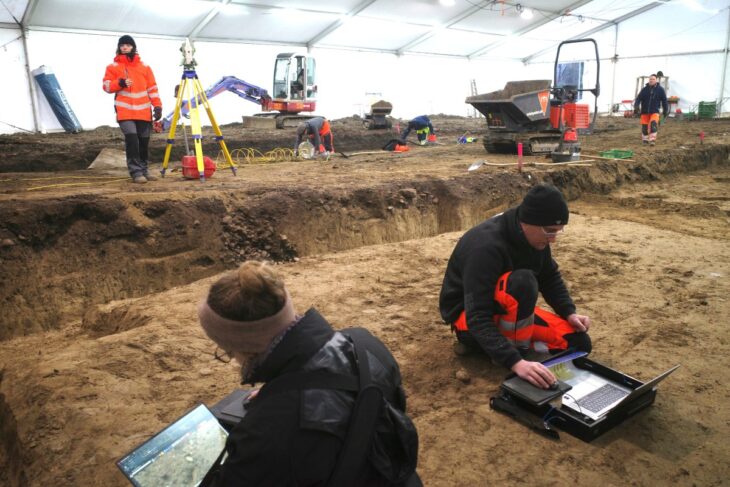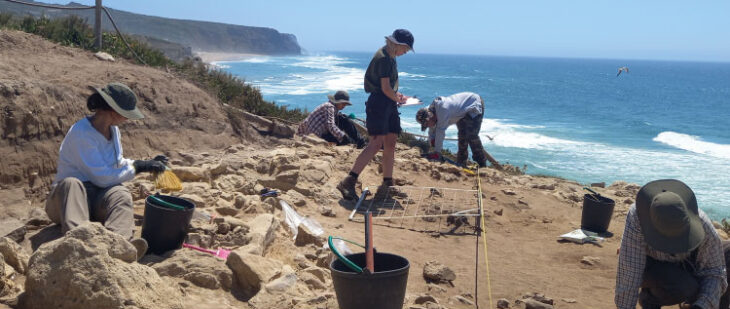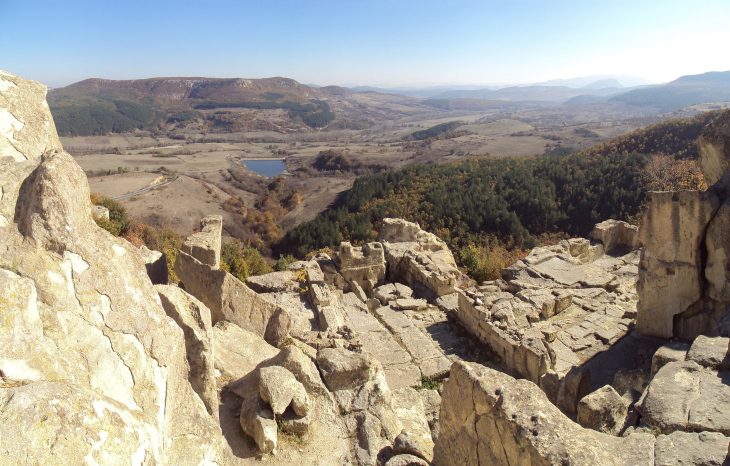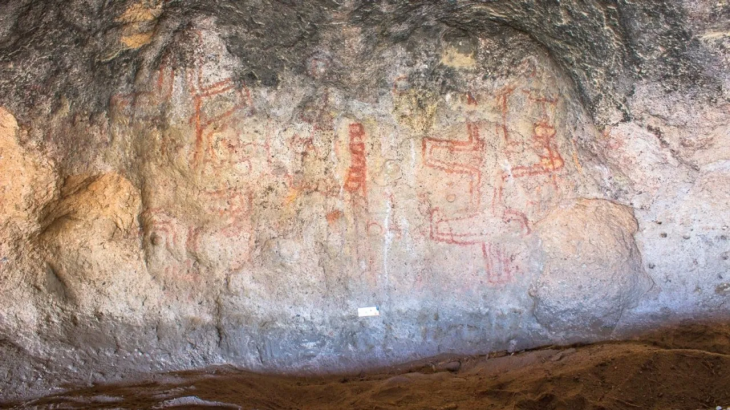The 5,000-year-old swords found 43 years ago during the excavations in the old mud-brick palace structure in Malatya Arslantepe Mound are the oldest swords in the world.
Many archaeologists believed that the earliest swords only dated to around 1600 or 1500 BCE before the discovery of a cache of swords at the archaeological site of Arslantepe in Turkey.
The nine swords from the archaeological site of Arslantepe (Melid) attest to the use of this weapon for the first time in the world – at least a millennium before the already-known examples. They date back to the Early Bronze Age (c. 33rd to 31st centuries).
In the 1980s, Marcella Frangipane’s team at Rome University discovered a cache of nine swords and daggers dating all the way back to 3300 BCE. Frangipane declared the swords of Arslantepe the world’s oldest and first swords ever discovered.
They are made of an alloy of arsenic and copper. Three of the swords were exquisitely inlaid with silver. These weapons have a total length of 45 to 60 cm, which points to either a short sword or a long dagger classification.
📣 Our WhatsApp channel is now LIVE! Stay up-to-date with the latest news and updates, just click here to follow us on WhatsApp and never miss a thing!!
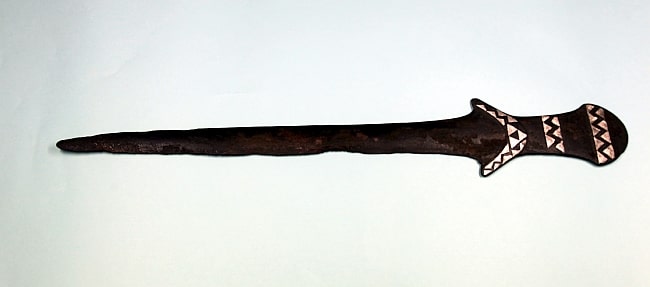
This region is thought to be the birthplace of the sword as we see these blades begin to appear, made from this new technology and having the elements we think of as identifying a sword. They have a blade, guard, grip, and pommel like shape. Size wise they would be shorter than we think of today for most swords but in their time, they may well be the length that was achievable with the best technology of the day.
This advancement in metallurgy can be seen in many valuable objects found in high-status graves of the time, and these swords are among them.
There is a lot of debate about how these pieces work. Were they merely status symbols, or could they have served a practical purpose? Swords have been used for both purposes throughout history, and even if they appear unwieldy to our modern standards, they may have worked well enough in the hands of an antagonist in 3000 BCE to ruin your day.
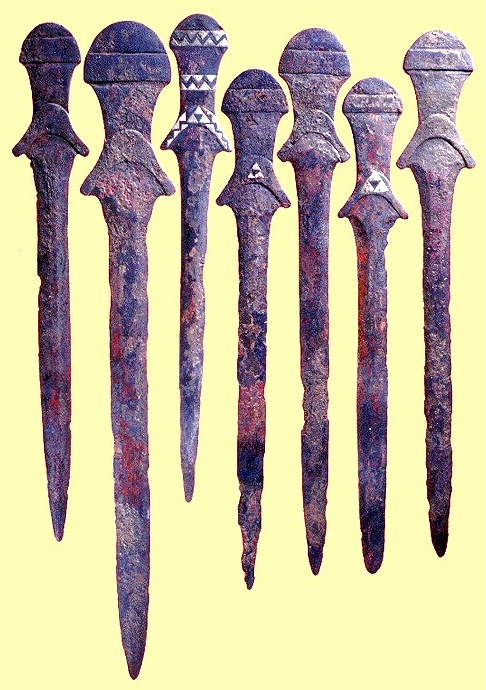
The Aslantepe Mound in Malatya, where the first city-state was established, sheds light on history with its adobe palace, 5,500-year-old temple, swords, and spears. It is located on the western shore of the Euphrates, seven kilometers away from the city center.
Arslantepe Mound, which is on the UNESCO World Heritage List, was partially damaged after the Feb. 6 twin earthquakes in the country’s southern region.
With no damage to the permanent roof of the museum, the temporary roof suffered partial collapse but it did not cause harm to its archaeological texture.

